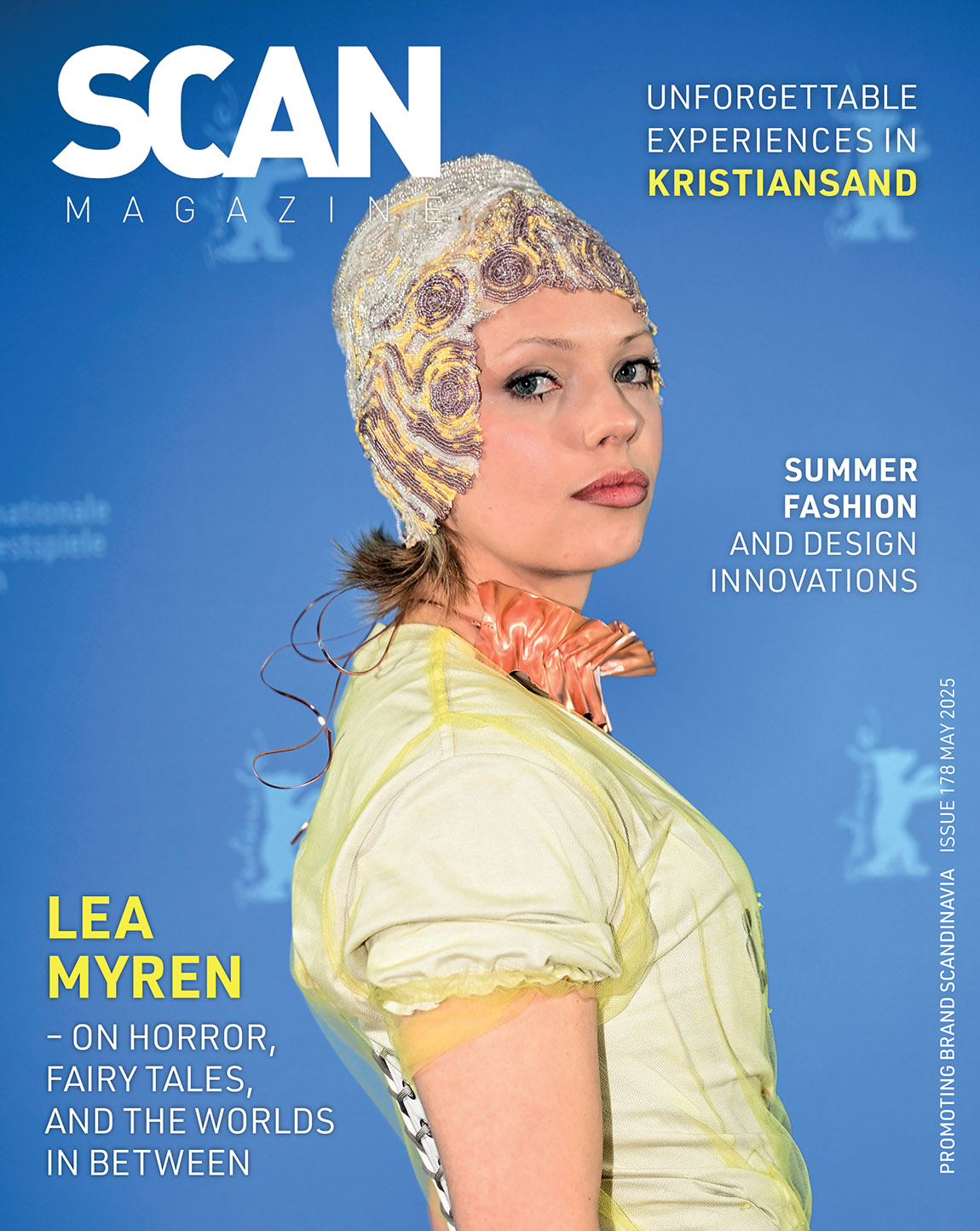Ridderne: Championing disability rights and accessibility to new technologies
By Maria Sødal Vole
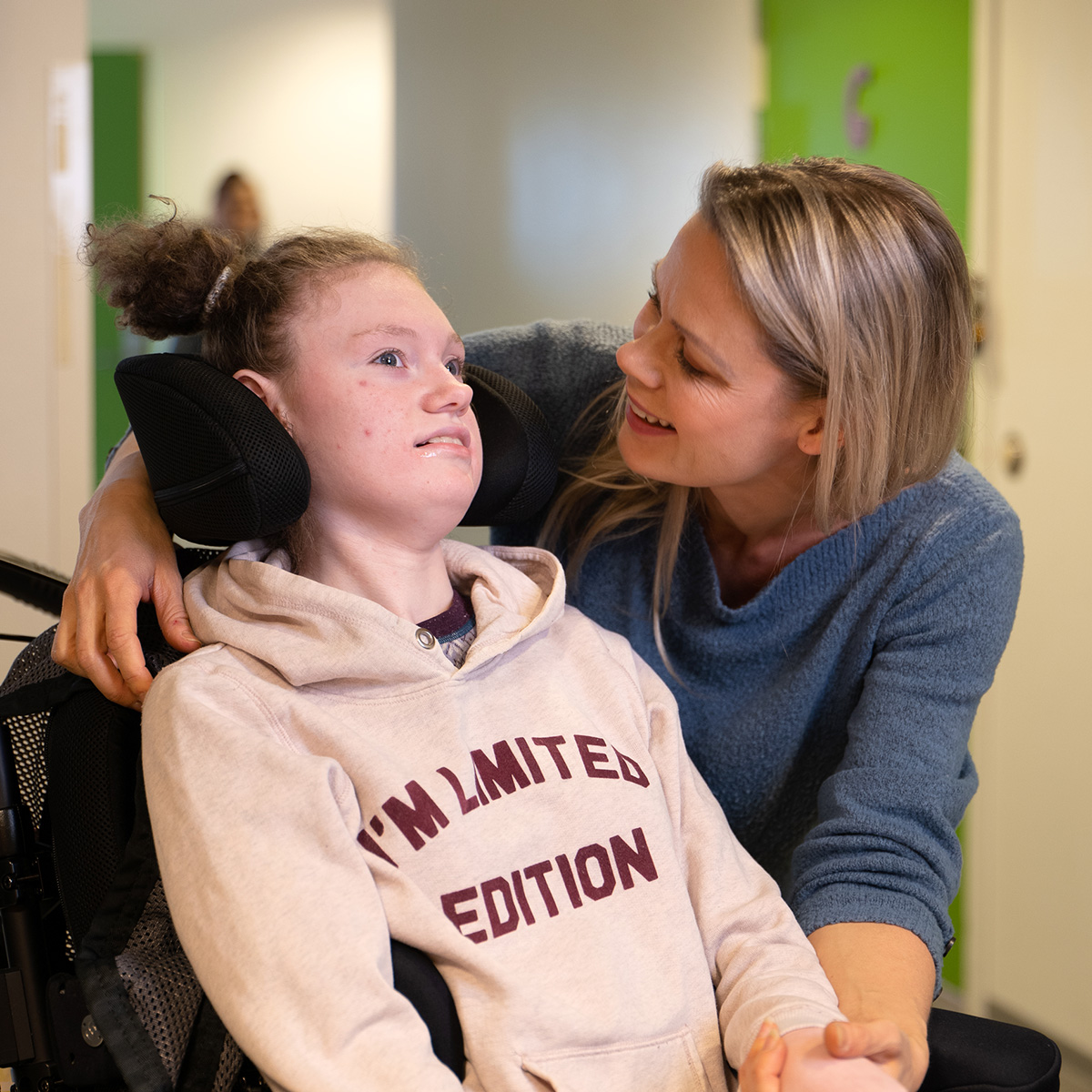
With the accessible tool KnowMe, it’s easier for caregivers to understand Amalie’s needs. Photo: KnowMe
Since 2006, Ridderne has worked with people with developmental disabilities. The organisation advocates for greater equality, independence, and quality of life for some of the most vulnerable groups in society through innovative digital solutions.
From his experience working with people with developmental disabilities, Lars Ole Bolneset saw a worrying lack of knowledge and understanding of the issues affecting people receiving care in those delivering services to them, among their caretakers and in the individuals themselves. “It was clear that we needed to improve the care offered and build a better framework,” he says.
Central to the organisation’s work is the belief that every human being should be treated with care and respect, and should be given the tools to communicate and cope better. For instance, Ridderne has provided content development assistance to Trygg-Grunn, a company using VR technology in training healthcare personnel and caregivers. Its technology enables immersive simulations, offering a realistic environment to practice procedures and decision-making skills. Trygg-Grunn helps improve patient outcomes and safety, with tools for both mental and physical health interventions.
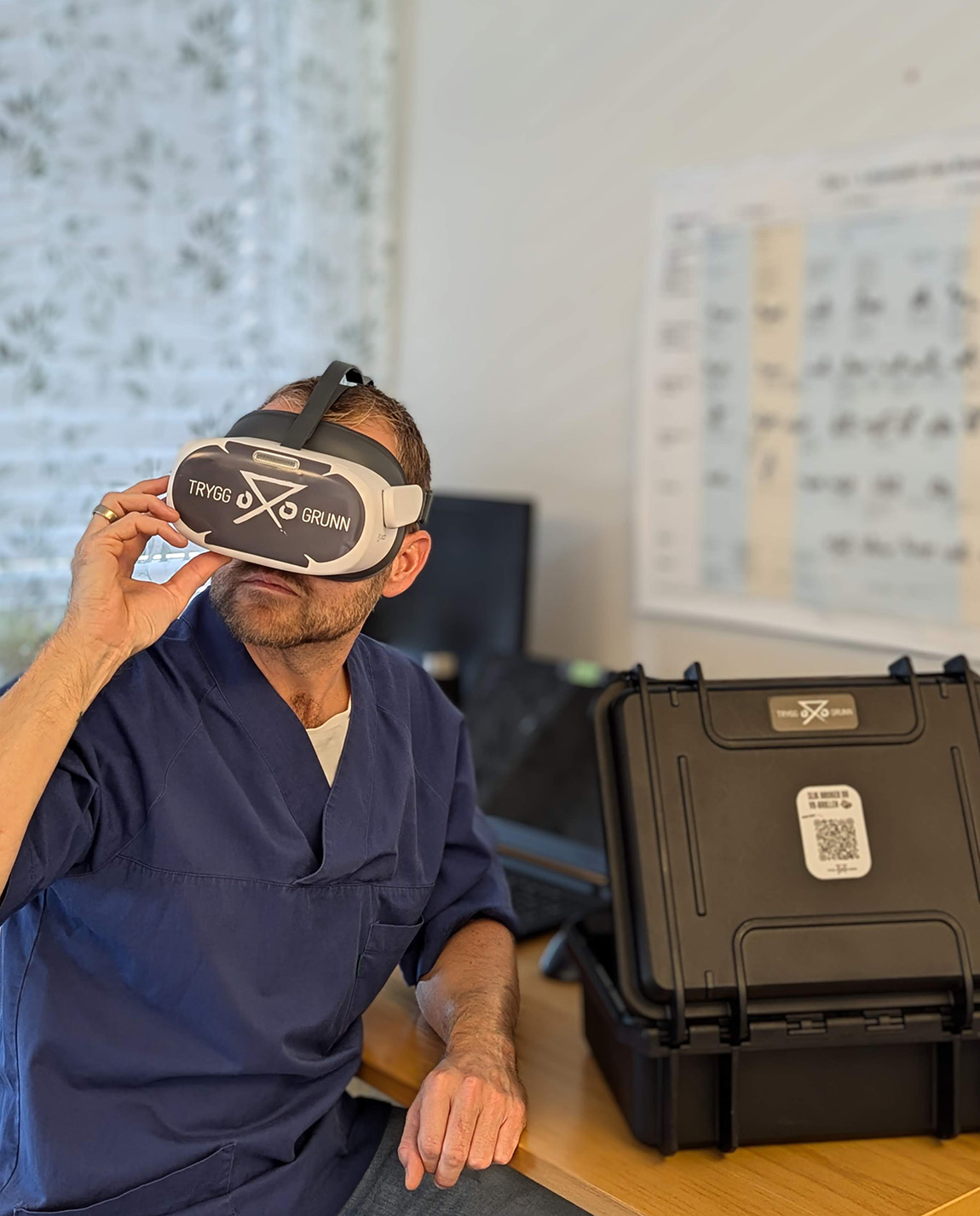
Trygg-Grunn offers user-friendly and adaptable solutions for healthcare personnel and caretakers. Photo: Trygg-Grunn
Ridderne is also contributing to the expansion of Swedish project DigiJag, with an accessible digital environment for people with cognitive impairments. The solution is being tested in Norway by tech consultancy Useit under the name DigiMeg. People with developmental disabilities are testing the practical use with excellent feedback.
Bolneset highlights the many technological advancements in the field by parents and caretakers of people with developmental disabilities. The digital tool KnowMe was developed by Morten Hope, a father of a non-speaking child. KnowMe supports non-speaking people who express themselves through body language, sounds and eye contact. The tool makes it possible for caretakers to understand their needs. Caretakers and treatment providers can input videos, images and text describing how the person communicates and make the information accessible in KnowMe.
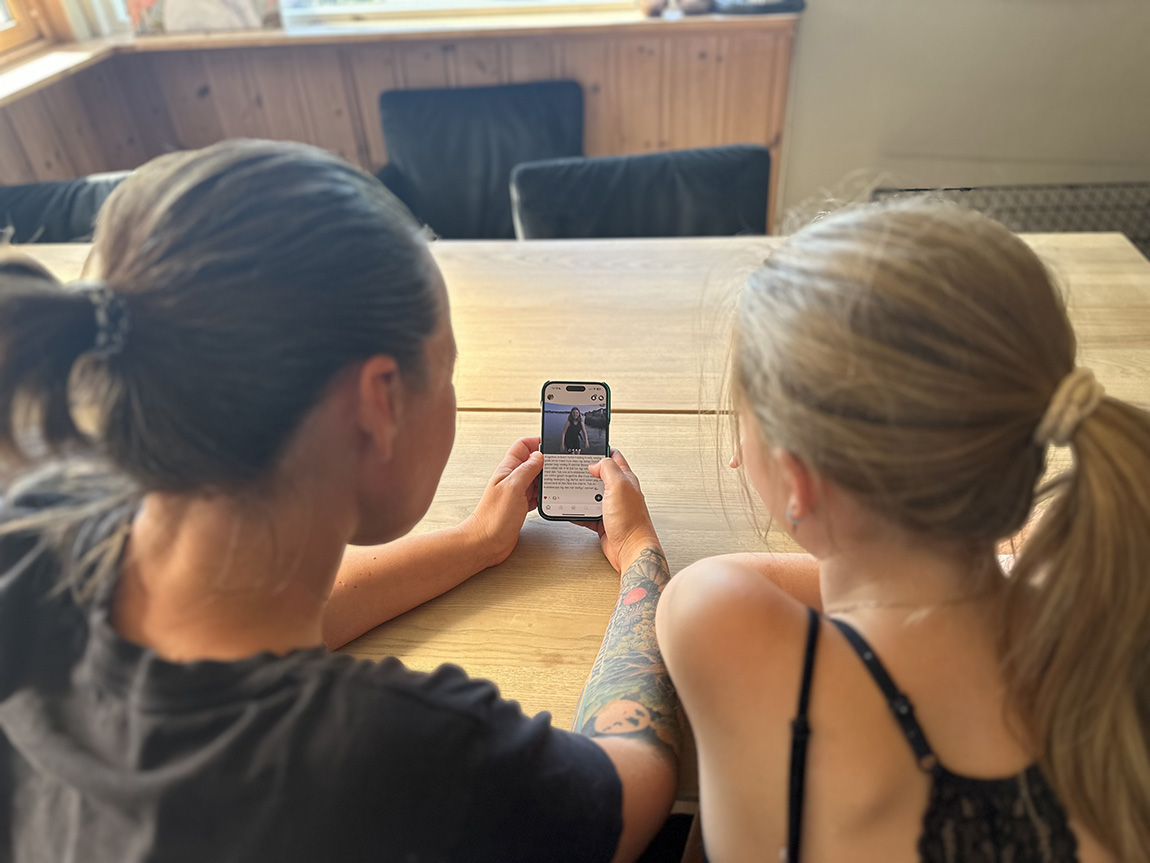
Pletly provides personalised care for people with autism and developmental disabilities. Photo: Pletly
Featuring a digital platform and an app, the communication system Pletly was founded by parents of children with special needs. Pletly simplifies the process of sharing information and updates, building a bridge between healthcare professionals and caretakers to improve relations and quality of care. Serving caregivers across Scandinavia and the U.S., Pletly is collaborating on a project with researchers from the University of Pennsylvania to refine their solutions.
Since 2020, Ridderne has arranged a conference devoted to sharing knowledge about technology to support people with developmental disabilities. The MTEK conference is a meeting point between those providing technological solutions related to health and welfare and those in need of them. “Seeing the good that new technologies can do for individual users is wonderful, they can bring a lot of joy and empowerment,” says Bolneset. “People will surprise you with how much they can do if they get the opportunity.”
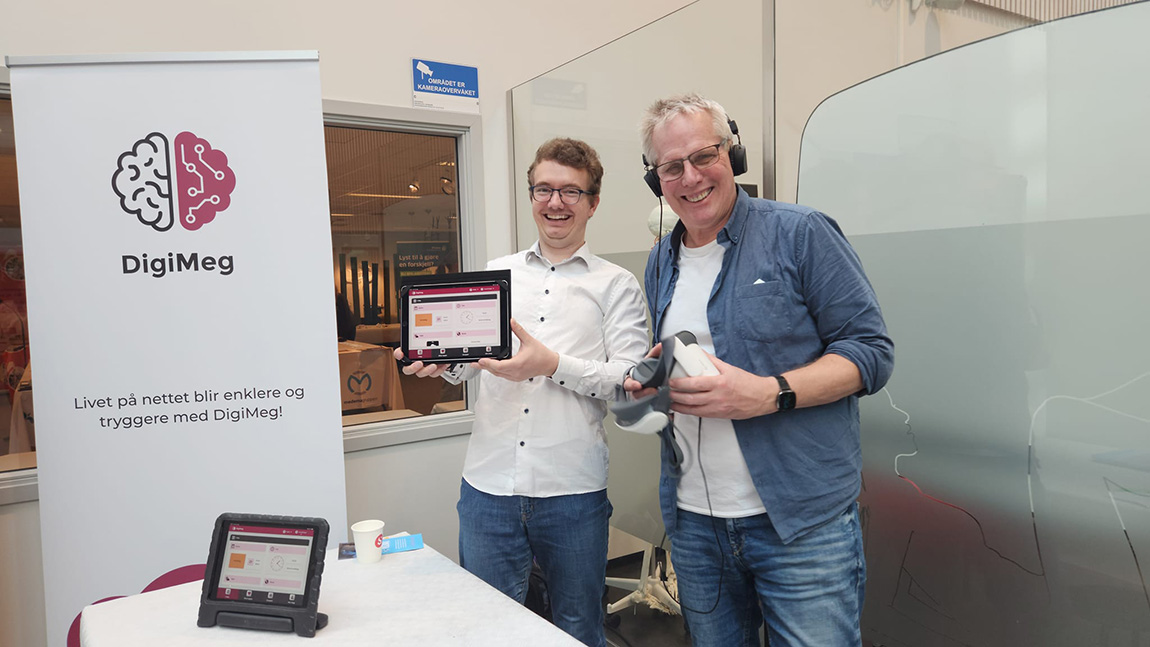
Photo: DigiMeg
Web: www.ridderne.no
Contact: lars.ole@ridderne.no
Subscribe to Our Newsletter
Receive our monthly newsletter by email





